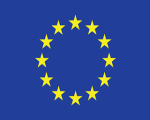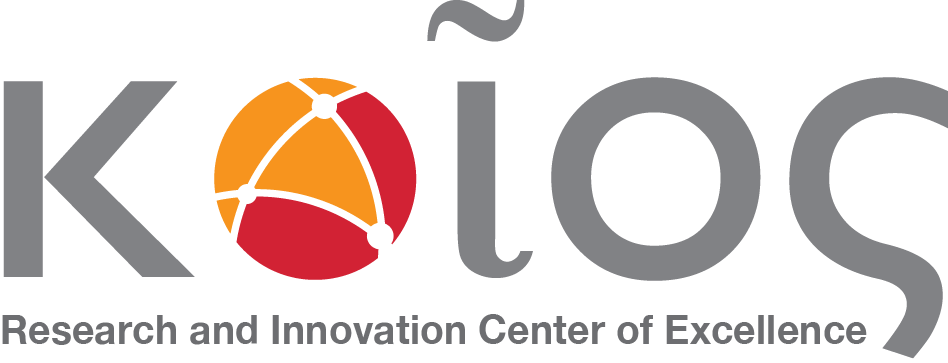ReCharged is a transformative MSCA-funded project that aims to develop a practical visualisation platform for optimisation and streamlining of climate resilience and whole-life carbon emission assessments for interdependent Transport, Energy, Systems, Lifelines, and Assets (iTESLA).
To achieve this, ReCharged harnesses the power of digital technologies and data to quantify the functionality and recovery of iTESLA after hazards. This is in response to the lack of methods of assessment and communicable visualisations of consolidated climate resilience and whole-life carbon emission metrics for iTESLA. ReCharged will account for interdependencies that lead to failure propagation in transport and energy systems, to accelerate post-hazard recovery, mitigate losses and societal ramifications due to climate change. In doing so, ReCharged underpins synergies and participatory decision-making to combat siloed thinking in infrastructure management.
This project will lead to 50% faster decision-making in iTESLA management, 50% reduction of carbon emissions for the two case studies in Greece and Portugal, create new jobs, and make Europeans fit for the Digital Age.
ReCharged is a synergy between 7 leading academic institutions, 4 industrial partners, and a research and technology center, from Europe, UK, USA, and Africa. All beneficiaries are committed to exploiting and transferring their skills and knowledge, to incentivize data-driven resilience toward climate adaptation and reduce emissions in critical infrastructure. ReCharged will augment researchers’ skills and career perspectives, create a community of practitioners, improve critical infrastructure, and ultimately make people feel safer.
 This project has received funding from the Horizon Europe Programme under the Marie Skłodowska-Curie Staff Exchanges Action (GA no. 101086413). Co-funded by the UK Research & Innovation, and the Swiss State Secretariat for Education, Research & Innovation.
This project has received funding from the Horizon Europe Programme under the Marie Skłodowska-Curie Staff Exchanges Action (GA no. 101086413). Co-funded by the UK Research & Innovation, and the Swiss State Secretariat for Education, Research & Innovation.



